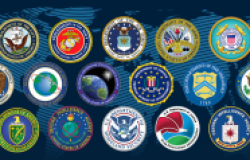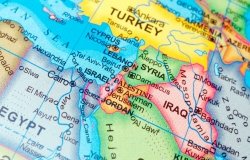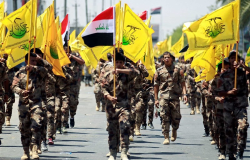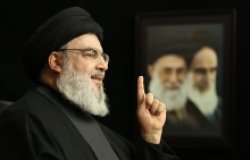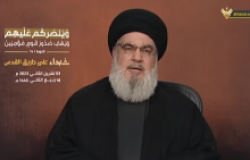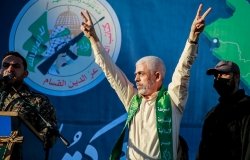International Crisis Group: Hamas and the Arab Uprisings
Hamas never has faced such large challenges and opportunities as presented by the Arab uprisings. It abandoned its headquarters in Damascus, at much cost to ties with its largest state supporter, Iran, while improving those with such U.S. allies as Egypt, Qatar and Turkey. Asked to pick sides in an escalating regional contest, it has sought to choose neither. Internal tensions are at new heights, centring on how to respond to regional changes in the short run. Leaders in the West Bank and exile tend to believe that with the rise to power of the Egyptian Muslim Brotherhood in particular and the West’s rapprochement with Islamists in general, it is time for bolder steps toward Palestinian unity, thereby facilitating Hamas’s regional and wider international integration. The Gaza leadership by contrast is wary of large strategic steps amid a still uncertain regional future. These new dynamics – Islamists’ regional ascent; shifting U.S. and EU postures toward them; vacillation within their Palestinian offshoot – offer both Hamas and the West opportunities. But seizing them will take far greater pragmatism and realism than either has yet shown.
On August 14, the International Crisis Group issued a report warning that an opportunity for the West and Hamas to “redefine their relationship” may slip away. The report says that Hamas leaders are disunited and uncertain about how to proceed on pressing issues like Palestinian reconciliation and Gaza’s isolation. The organization has done little to improve its local or regional position despite the boost it received from Islamist electoral victories in Tunisia and Egypt.
The new Crisis Group report concludes that the changing regional dynamics offer the United States and Europe an opportunity to engage with Hamas. Hamas could potentially play a productive role in the region by maintaining a formal ceasefire in Gaza or helping Egypt secure the Sinai. It could also join a Palestinian unity government, which could negotiate a final status agreement with Israel.
The following are excerpts from the executive summary of the Crisis Group report:
Hamas never has faced such large challenges and opportunities as presented by the Arab uprisings. It abandoned its headquarters in Damascus, at much cost to ties with its largest state supporter, Iran, while improving those with such U.S. allies as Egypt, Qatar and Turkey. Asked to pick sides in an escalating regional contest, it has sought to choose neither. Internal tensions are at new heights, centring on how to respond to regional changes in the short run. Leaders in the West Bank and exile tend to believe that with the rise to power of the Egyptian Muslim Brotherhood in particular and the West’s rapprochement with Islamists in general, it is time for bolder steps toward Palestinian unity, thereby facilitating Hamas’s regional and wider international integration. The Gaza leadership by contrast is wary of large strategic steps amid a still uncertain regional future. These new dynamics – Islamists’ regional ascent; shifting U.S. and EU postures toward them; vacillation within their Palestinian offshoot – offer both Hamas and the West opportunities. But seizing them will take far greater pragmatism and realism than either has yet shown.
The Arab uprisings hardly could have caused a more stark reversal of Hamas’s fortunes. In the stagnant years preceding them, it had been at an impasse: isolated diplomatically; caged in economically by Egypt and Israel; crushed by Israeli and Palestinian Authority security forces in the West Bank; warily managing an unstable ceasefire with a far more powerful adversary; incapable of fulfilling popular demands for reconciliation with Fatah; and more or less treading water in Gaza, where some supporters saw it as having sullied itself with the contradictions of being an Islamist movement constricted by secular governance and a resistance movement actively opposing Gaza-based attacks against Israel.
The international community has a stake in the choices Hamas ultimately makes. The movement will continue to play a vital role in Palestinian politics, affecting the prospect of renewing Israeli-Palestinian negotiations as well as their odds of success. Reuniting the West Bank and Gaza is not only desirable; it also is necessary to achieving a two-state settlement. And territorial division, coupled with Gaza’s persistent economic isolation, contains the seeds of further conflict with Israel. For these and other reasons, the world – and the West in particular – must do more than merely stand on the sidelines as Hamas wrestles over its future. Instead, the U.S. and Europe should test whether they can seize the opportunity presented by two related developments: first, the rise to power (notably in Egypt) of Islamist movements that are keen on improving relations with the West, crave stability and are signalling they do not wish to make the Israeli-Palestinian issue a priority; second, the intense internal debates taking place within Hamas over the movement’s direction.
Click here for the full report.
Related Program

The Islamists
Learn more about Hamas and how it relates to similarly aligned organizations throughout the region. Read more

